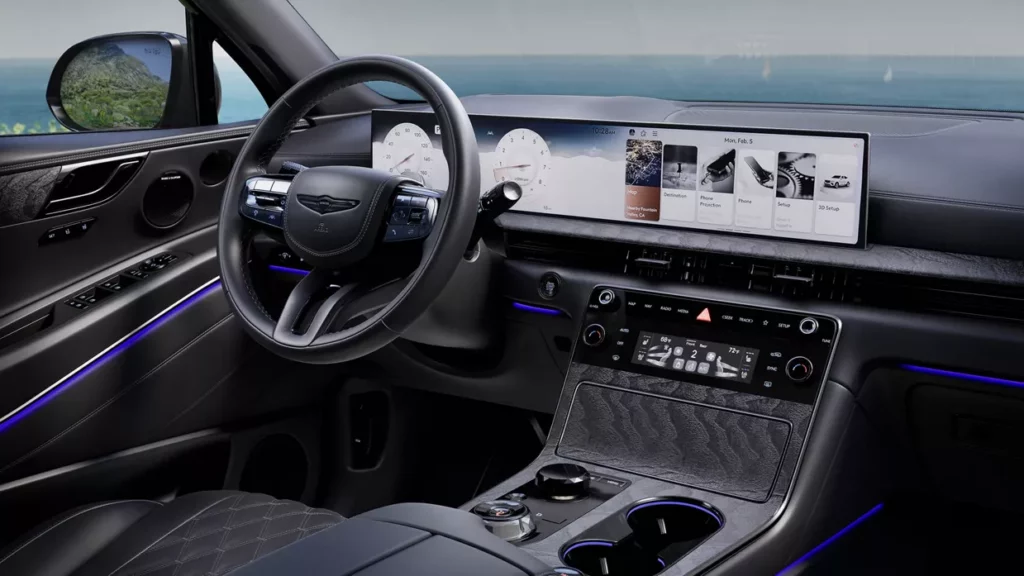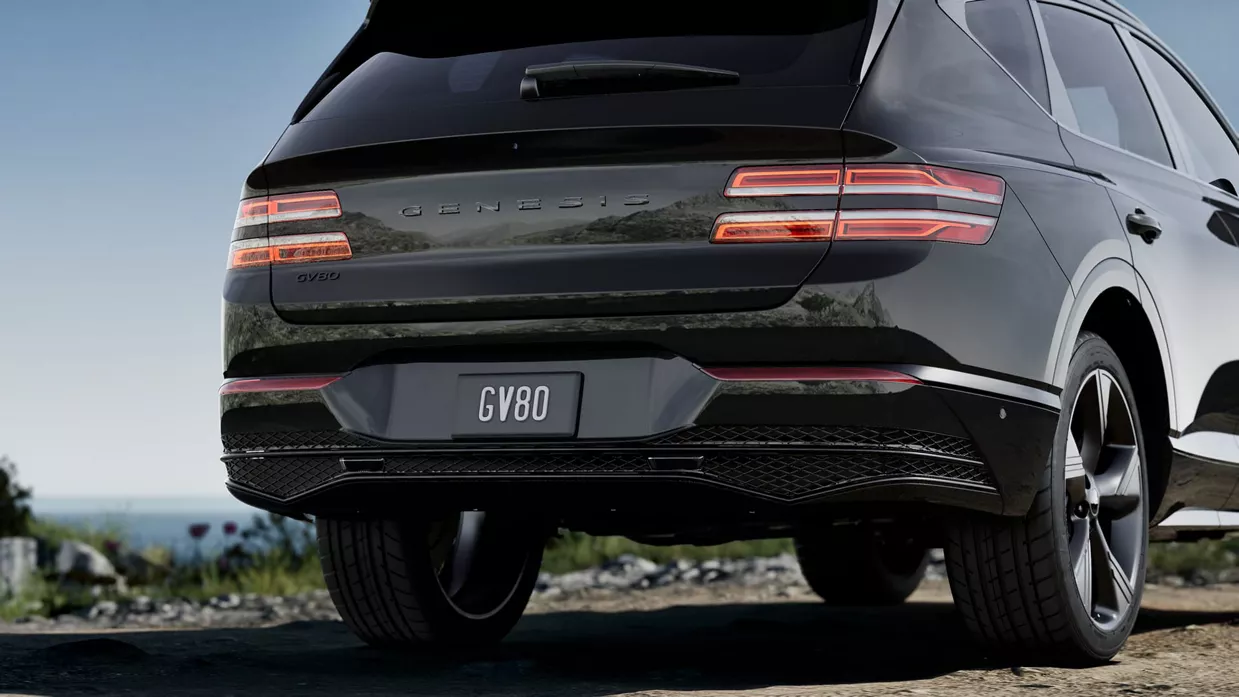Hyundai Motor’s luxury Genesis GV80 SUV has officially surpassed 100,000 cumulative sales in the United States, marking a major achievement for the brand just five years after its debut.
According to Genesis, total GV80 sales reached 100,446 units in the U.S. as of August 2025, underscoring the model’s strong and growing consumer demand in one of the world’s most competitive automobile markets.
A Breakout Launch Since 2020
First launched in 2020, the Genesis GV80 quickly gained popularity for its combination of luxury design, advanced technology, and competitive pricing. The SUV made global headlines in 2021 when legendary golfer Tiger Woods survived a serious rollover accident in a GV80 during the Genesis Invitational.
While the incident was harrowing, it unexpectedly boosted public awareness of the vehicle’s safety performance, helping to drive up U.S. sales.

Sales Surge in 2025
During the January–August 2025 period alone, GV80 sales in the U.S. rose 20% year-on-year, reaching 17,009 units. This figure represents 40% of the model’s global sales of 42,489 units over the same period, solidifying the U.S. as the GV80’s single largest market.
In addition, the average transaction price for the GV80 in the U.S. climbed to $64,766 in August 2025 — up 4.2% from $62,132 a year earlier, according to data from Cox Automotive Inc.. This price growth reflects both rising demand and the GV80’s positioning as a premium midsize luxury SUV competing with models like the BMW X5 and Mercedes-Benz GLE.
Future Sales Targets and Challenges
Genesis has set an ambitious global sales target of 350,000 units by 2030, representing a 55% increase from its projected 225,000 units in 2025. The GV80 is expected to play a key role in reaching this goal, supported by upcoming model updates and expansion into electrified variants.
However, uncertainty remains regarding U.S. auto tariffs. Higher import tariffs on South Korean vehicles have started to weigh on demand. Although Seoul and Washington reached a framework deal on July 30, agreeing to lower tariffs from 25% to 15% in exchange for Korean investment commitments, these reductions have not yet taken effect.





